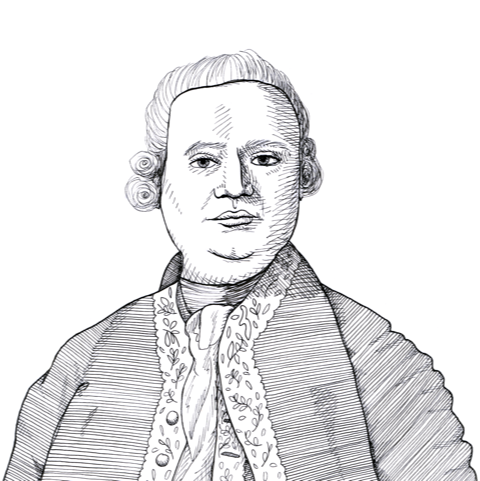
David Hume on property as a convention which gradually emerges from society (1739)
Found in: A Treatise of Human Nature
The Scottish philosopher and historian David Hume (1711-1776) argued that the idea of property and the need to defend it emerged gradually out of social practices. Once it had evolved into a widely accepted convention did it become a “right” which needed to be respected:
Property Rights
For when men, from their early education in society, have become sensible of the infinite advantages that result from it (property), and have besides acquir’d a new affection to company and conversation; and when they have observ’d, that the principal disturbance in society arises from those goods, which we call external, and from their looseness and easy transition from one person to another; they must seek for a remedy, by putting these goods, as far as possible, on the same footing with the fix’d and constant advantages of the mind and body. This can be done after no other manner, than by a convention enter’d into by all the members of the society to bestow stability on the possession of those external goods, and leave every one in the peaceable enjoyment of what he may acquire by his fortune and industry.